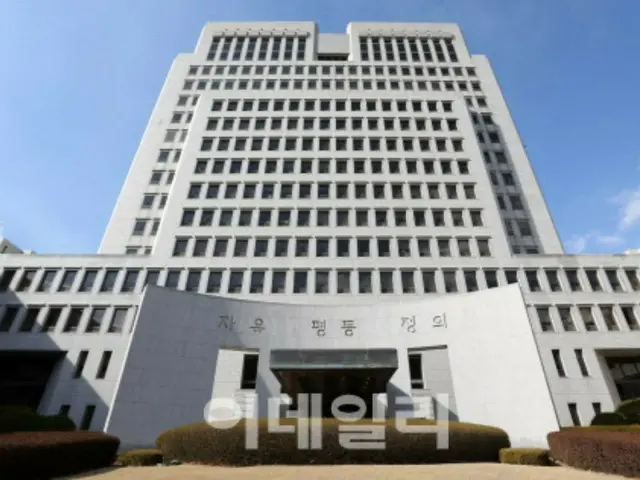On the 31st, the Supreme Court of Korea ruled that B, who was indicted on charges of defamation and attempted coercion under the Act on Promotion of Information and Communications Network Use and Information Protection, etc.
The Supreme Court upheld the original ruling that sentenced Defendant A (40) of J to two years and six months in prison with four years of probation. The Supreme Court stated, "The original ruling of innocence violated the laws of logic and experience, exceeded the limits of the principle of free judgment, and was based on emotional considerations.
"There was no error in misunderstanding the legal principles regarding the establishment of the crime of violating the Communications and Information Network Act that influenced the verdict," the court said, dismissing all appeals by the prosecution and the defendants.
Defendant A was on trial in May 2020 on charges of teasing and threatening to expose his former girlfriend B's private life on a personal broadcast on Afreeca TV.
Defendant A dated Ms. B for about two months in the same year, and even after she broke up with him, he continued to demand to see him, which led to the crime.
Defendant A wrote a false statement that he had been subjected to domestic violence by B.
He sent emails to media reporters and also posted similar content on the internet bulletin board of the company where B worked.
Defendant A was sentenced to one year in prison, suspended for two years, at the first sentencing hearing held in February last year.
About 20 days after the first trial, Mr. B overdosed on drugs and was taken to the emergency room, but he lost consciousness and died in September last year while still hospitalized.
As the case became controversial, Prosecutor General Lee Won-seok took the unusual step of presiding over the appeals hearing at the Incheon District Prosecutors' Office.
The prosecution, which had sought a three-year prison sentence for defendant A in the first trial, requested the court to sentence him to five years in prison in the appeal trial.
In May of this year, the second trial court sentenced him to two years and six months in prison, suspended for four years, a heavier sentence than the first trial. However, the second trial court ruled that the messages sent by Defendant A to the victim included messages such as "I'm sorry, I want to see you," and that the messages were likely to be of a frightening nature.
The prosecution found him not guilty of violating the Information and Communications Network Act because it was difficult to believe that the words were intended to provoke fear or anxiety.
"She firmly refused and told him not to contact her," he said, explaining, "The victim was being threatened with broadcasts exposing the defendant's private life and with information being provided to the media."
"Considering that the victim had suffered severe pain from the defendant, including attempting suicide the day after the broadcast in which the revelation was teased, (the message) was a source of fear,"
The court also stated that the words were sufficient to induce anxiety and anxiety, and appealed to the Supreme Court, arguing that the appellate court had "misunderstood legal principles."
2024/07/31 11:48 KST
Copyrights(C) Edaily wowkorea.jp 85

